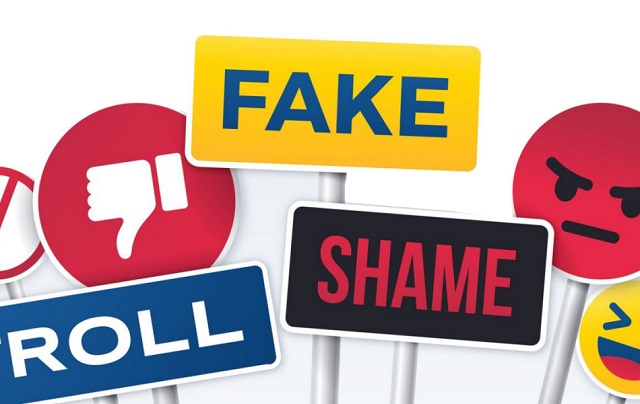
Surveillance via social media
In 2021, social media shutdowns also took place in Burkina Faso, South Sudan, Senegal, Congo, Zambia, Chad, Ethiopia, Nigeria, and Sudan. Again, the reasons were mainly political, with protests, elections and political unrest resulting in information shutdowns across the continent, with no end in sight:
“It will take a while for those in power to understand that young people today expect them to sit down and talk to them,” political consultant Angelo Izama said. “It will also take time for those in power to stop using surveillance and monitoring as a means to counter criticism.”
Meanwhile, some governments are even going further and targeting their citizens directly by exploiting their internet affinity: “Spy software is being bought by governments and installed specifically on smartphones,” Amnesty expert Ulm-Düsterhöft told DW. “We documented this last year for Togo and Rwanda, for example. First, apps are downloaded via email attachments, then the software instals itself and accesses microphones, cameras, and social media.”
Risks and opportunities
According to a report published by the South African Institute of International Affairs, shutting down the internet and arresting government critics voicing their views on social media channels are signs that several governments in sub-Saharan Africa are becoming increasingly autocratic.
In Uganda, author Kakwenza Rukirabashaija posted comments that were critical of the government on social media, which led to his detention, during which he has allegedly been tortured by security agents.
Human rights activist Opiyo says that with reports like these, it is becoming clear that the earlier view of social media as “a liberating force for democracy” is disappearing: “(N)ow we see the dangers associated with it, and how social media can be used to undermine democratic processes. Social media is becoming another tool of oppression.”
Opiyo believes that this is why social media regulations are becoming necessary. But he also calls for users to act responsibly and remember that not everything found on social media is true.
****
Source: DW
 The Independent Uganda: You get the Truth we Pay the Price
The Independent Uganda: You get the Truth we Pay the Price




Whereas Twitter, Facebook, etc have a right to determine who uses their applications, they should be conscious enough not to be seen as being biased in their sanctioning. It is surprising that when you read the above article and come to see who has been blocked, it is exclusively the state agencies, or those individuals, agencies that have relation with the state. In other words, Twitter, Facebook have turned themselves into proxies of the non state actors, which is contrary even to the basic tenets of WTO. Does Twitter and Facebook want to tell me that all those that misuse their platforms are exclusively government? And that the non govt actors are all angelic? With Uganda for example, it is common knowkedge that there are some non state actors such as Lumbuye that continue to post on Facebook very horrid writings, calling for ethnic cleasing, racial extermination, genocide against certain ethnic groups in Uganda. He has even gone ahead to call on his group to use terrorism, bombs, poison, to eliminate those people in govt. He has gone ahead to even demonstrate in audios how such bombs can be assembled and used. AND TWITTER AND FACEBOOK HAVE NOT BLOCKED HIM! Does Twitter and Facebook promote and condone such terrorist activities, just because Lumbuye is not a govt agent? By discriminating users because of their political belonging, twitter and facebook are simply guilty of being irrational, discriminatory, and biased for looking the other side when known criminals are using their facilities. I hope my write up will be allowed audience.
Lets not forget that the “Arab Spring” was started and fueled by Social Media and the MSM.
These #FakeNews mongers need to be Controlled and/or be shut down if necessary.